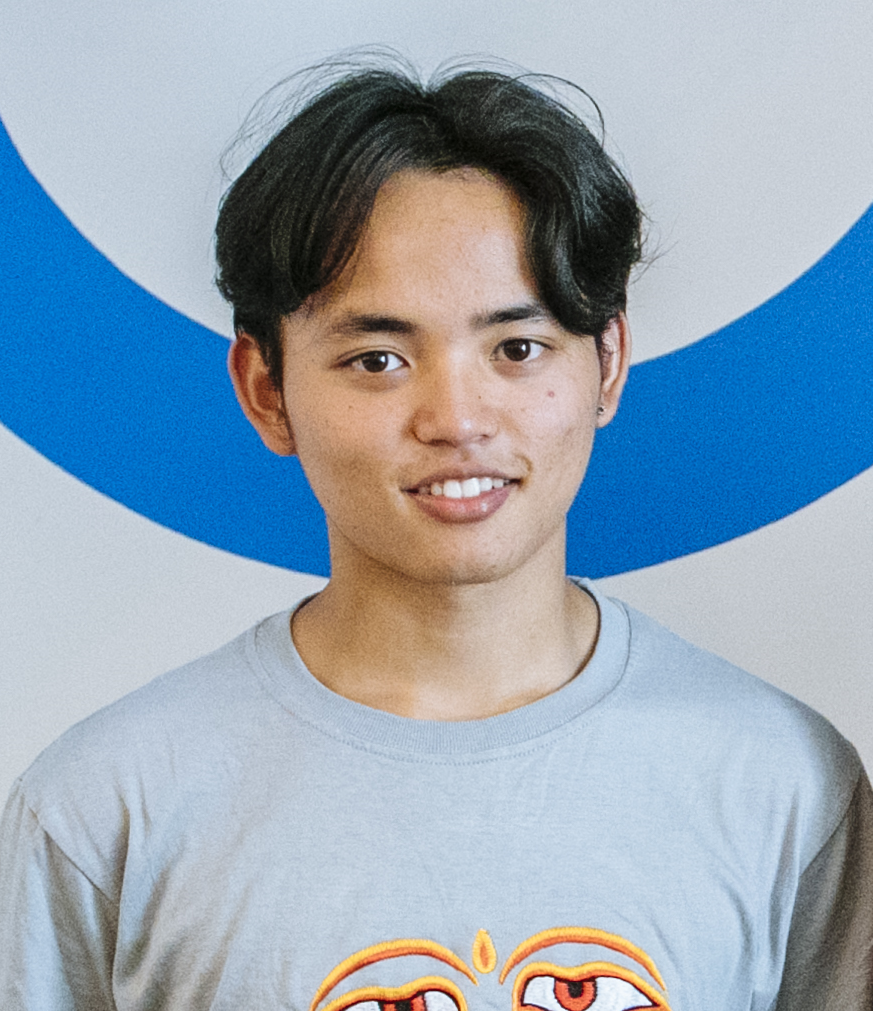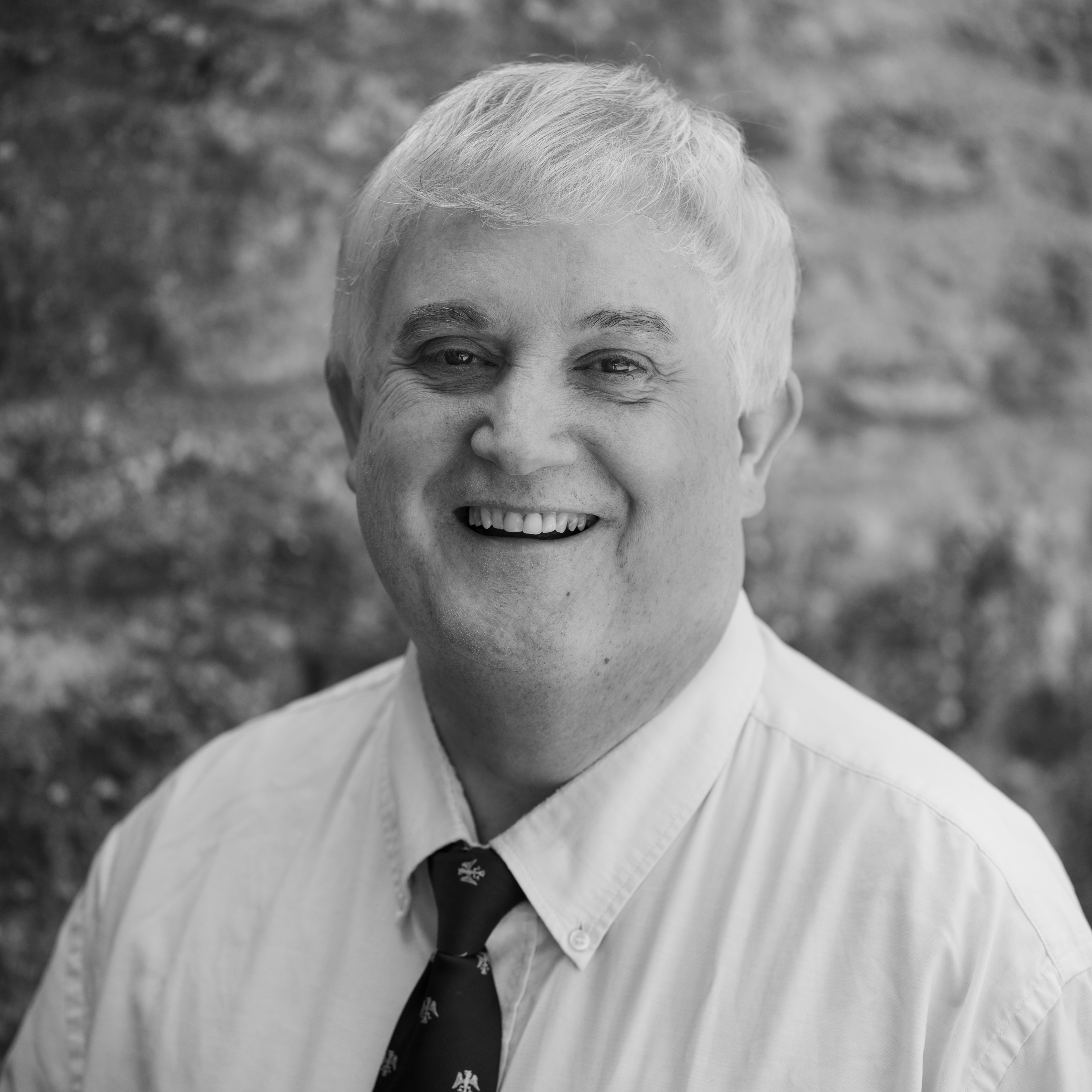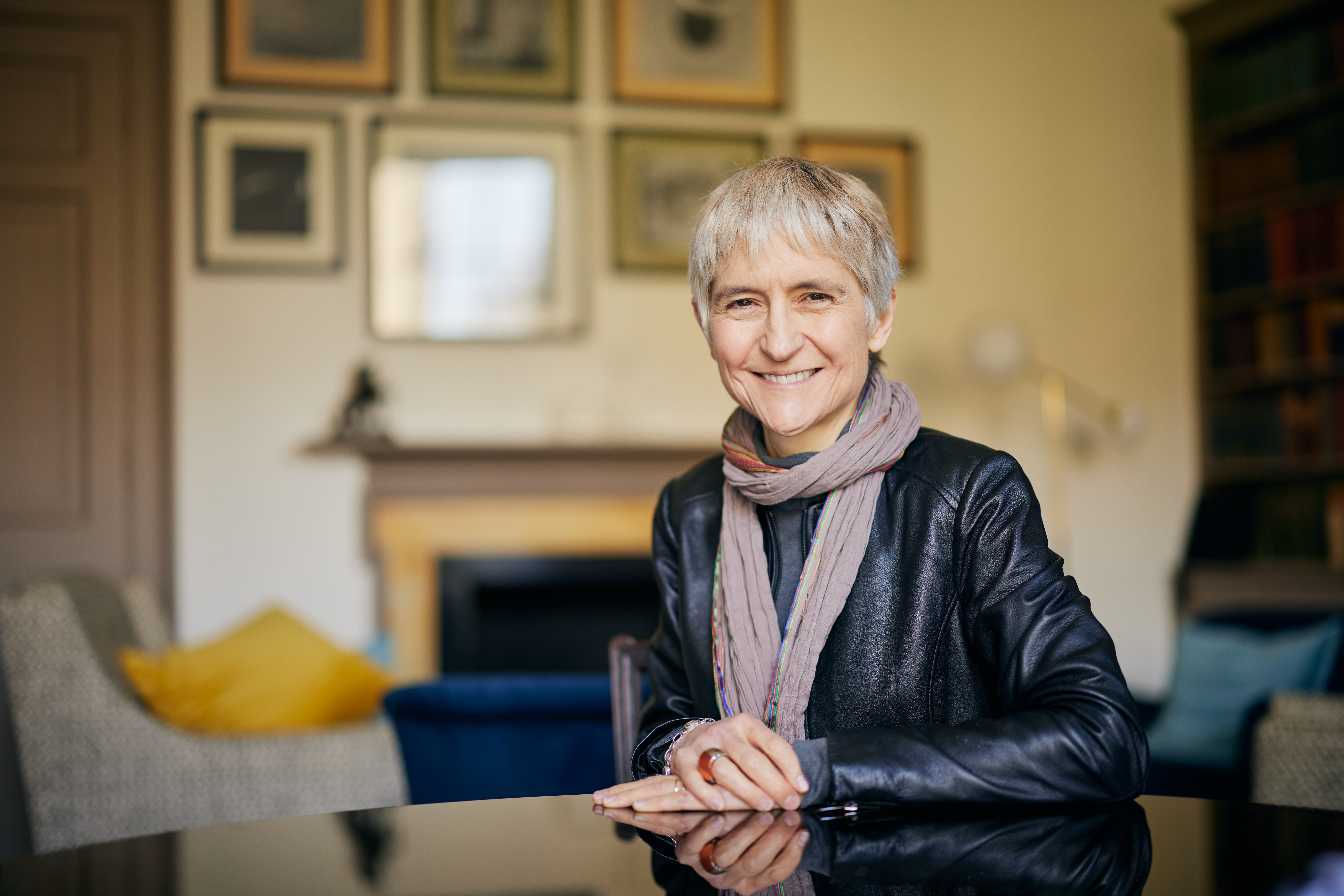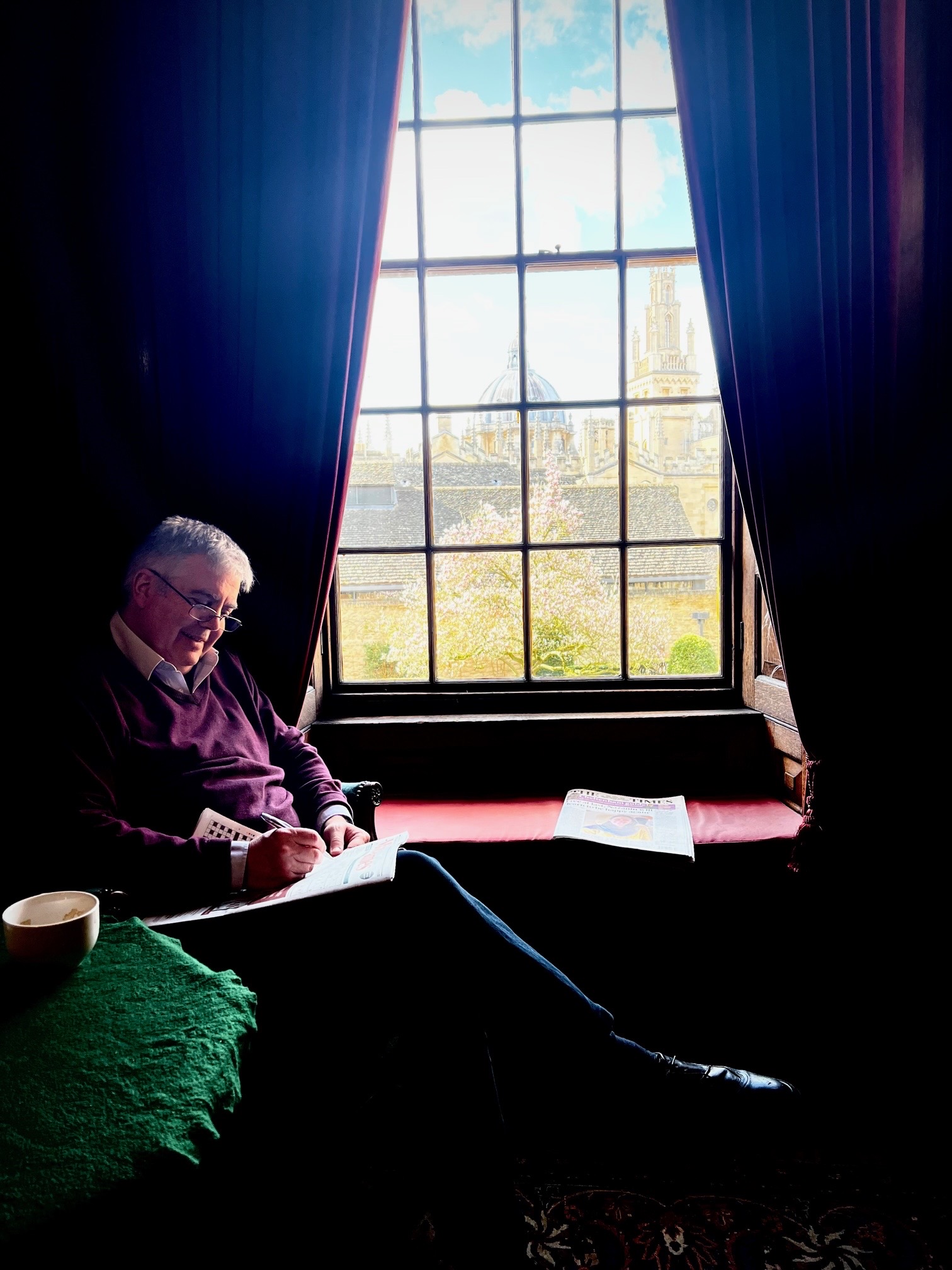Current student Mukahang Limbu, who is in the fourth year of his English and Modern Languages degree, has featured in The Guardian‘s best recent poetry roundup with his debut publication, Mother of Flip-Flops. We spoke to Mukahang and asked him about his work.
Congratulations on this achievement! Can you tell us what this accolade means to you and what the collection is about?
Thank you! Apart from very basic words ‘incredible’ and ‘great’, I don’t how else to describe it. It is such a huge thing for me, and it really means a lot because it is just a small debut pamphlet. Apart from close friends and family I didn’t think it would be read by anyone, let alone be featured in The Guardian. It’s still very strange to me that it’s out there in a physical body to be interpreted. Mother of Flip-flops is a collection of poems I have written over the years, and they’re concerned with, as the name suggests, my mother: her life, her struggles, and sacrifices. These poems are about growing up, about being queer, being a migrant.
When did you start writing poetry?
I started specifically writing poetry in secondary school. Because of the charity First Story, an organisation that helps state schools provide opportunities in creative writing, we had a writer-in-residence, Kate Clanchy. There was a small group of us who would spend lunch times and after school writing in her workshops. It took me a while to find my stride in poetry because I was initially quite resistant to it. But eventually I was able to unlearn my prejudices about poetry and replace them with new understandings.
Who or what inspires you in your work?
There are many poets who have inspired my work, in particular Ocean Vuong, Frank O’hara, Rebecca Perry, Mary Jean Chan, Raymond Antrobus, and many more. My friends inspire me. Whitney Houston also inspires me, as does food, Glee, or crushes. But my mother is my greatest inspiration. She is at the heart of my writing.
What do you enjoy about Queen’s?
Apart from the thriving student community, I love the number of opportunities available at Queen’s. There are many funding opportunities, which have personally helped me realise some of my goals, such as travelling to Singapore to work with Marylyn Tan, winner of the Singapore National Literature prize. The everyday of Queen’s is what I have found truly joyful: to go and have lunch in Hall with friends, maybe booking out a music practice room to do some singing or attending subject dinners with our tutors. Although there have been moments of difficulty, to work with, and learn from, such mind-blowingly intelligent, caring, and attentive tutors has been an experience I will look back on and cherish; I have learned a lot in my time at Queen’s.
What’s your favourite part of Oxford?
Having grown up in Oxford, Cowley Road will always be my favourite part of Oxford, and Zhang Ji is my favourite restaurant. But studying at the University has opened me up to so many experiences. There are so many societies and so many things do: from street dance (Equinox), Ultimate Frisbee, Badminton, writing opportunities (working at The Isis, The Oxford Review of Books). The opportunity to get involved in such a wide array of different things is what I love about being in the University. And from it all, the friendships I have made is the part of Oxford that I would never exchange. The friendships have made it worth studying at Oxford. My friends are my favourite part of Oxford.
Do you have any advice for other poets?
To read other poets and find the ones you like. To read contemporary poetry. I don’t think I’m in a position to give other poets any advice, but the advice I have received is to write what I know. This might contradict the huge intellectualisation of poetry, but often the best poetry is in conversation with other poetry but also true to itself. In a very cheesy way, for me the best poems are the ones that are honest—it’s what I like reading anyway.



